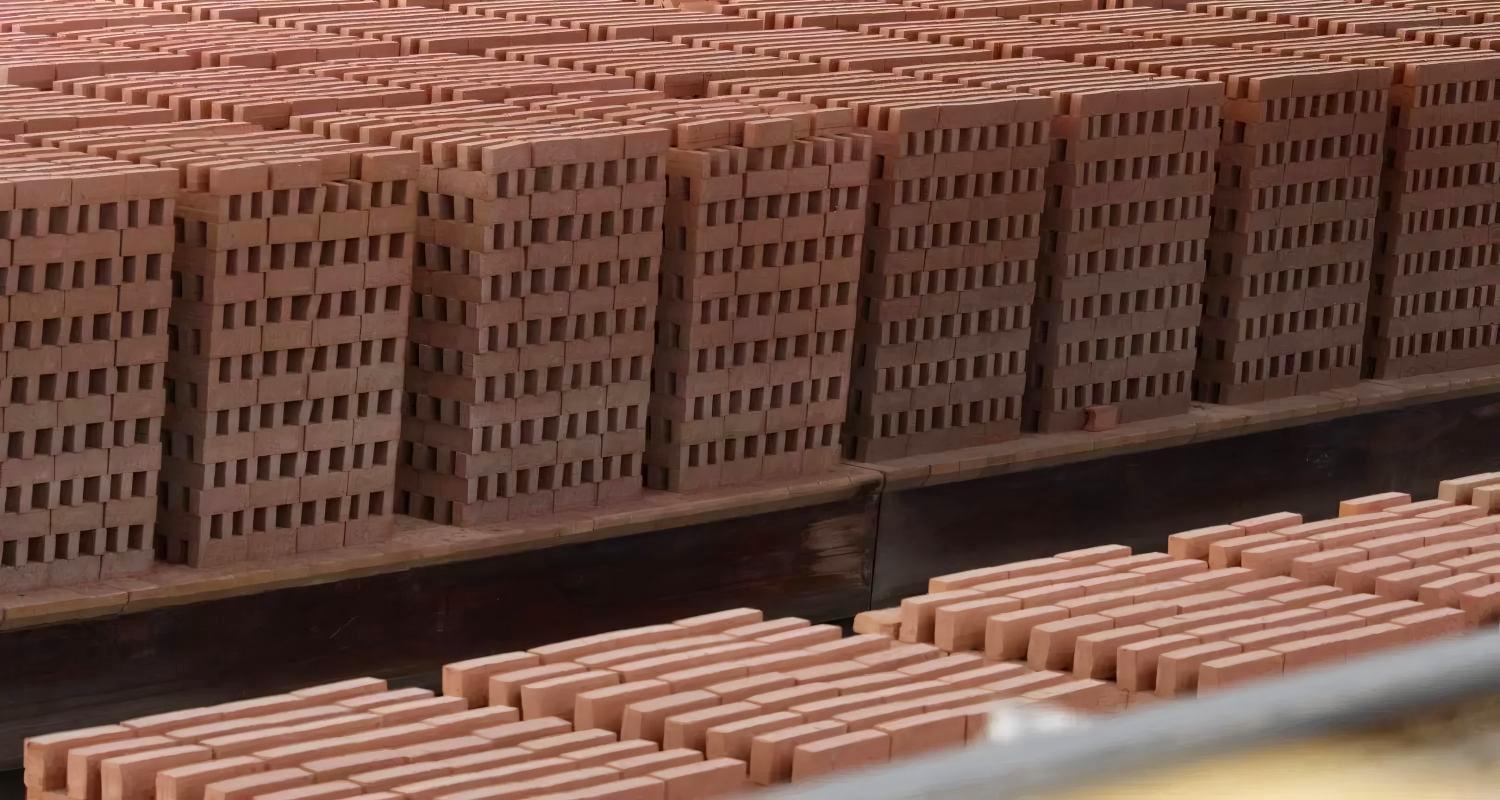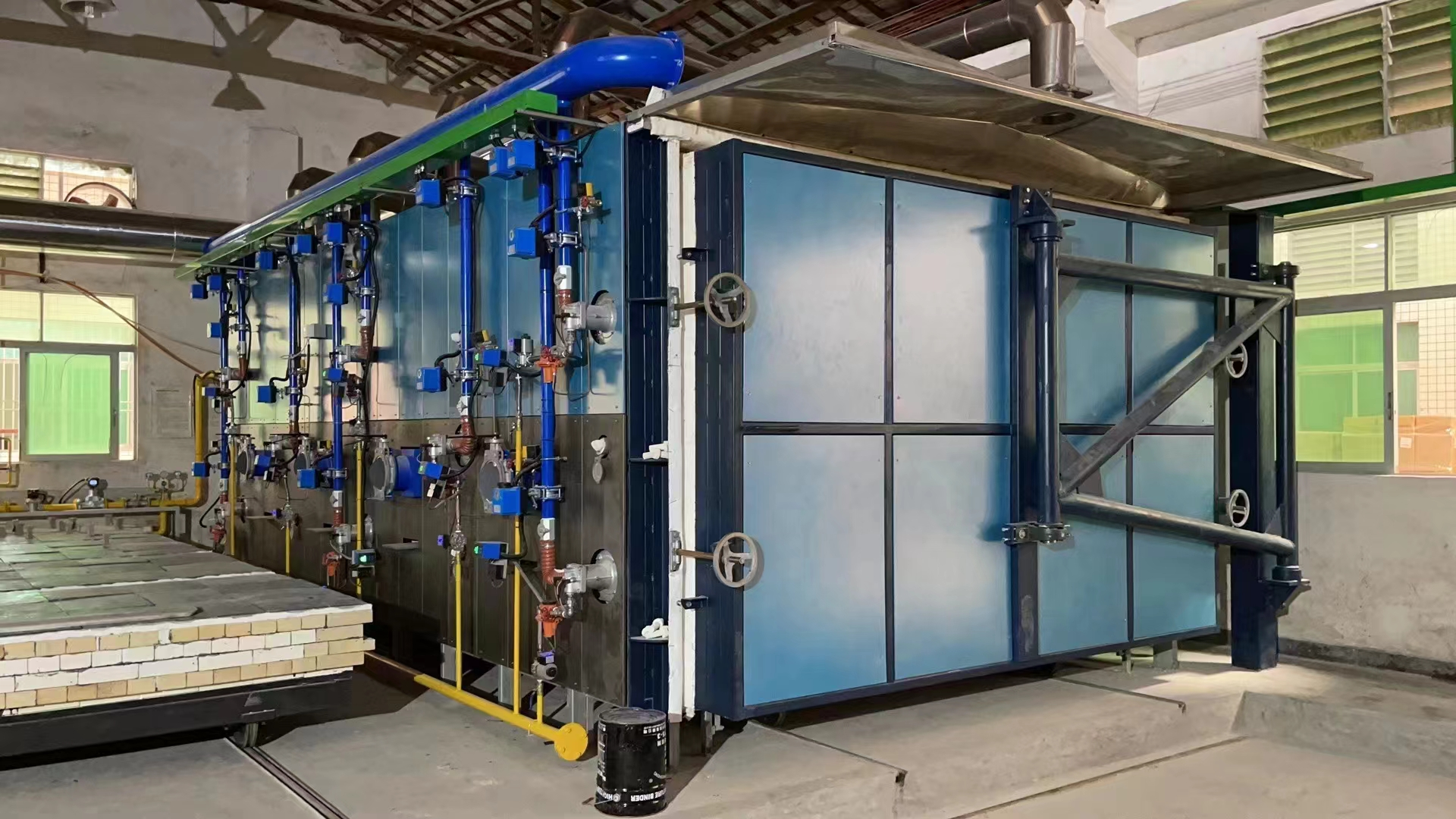Henan Yaxin Kiln Co., Ltd.
Understanding Mobile Tunnel Kilns: An Essential Technology in Industrial Equipment
Sep 17,2025
Mobile tunnel kilns are a revolutionary advancement in the field of industrial equipment, particularly in the smelting and refractory industries. These kilns are designed to offer continuous production processes that are essential for manufacturing ceramics, bricks, and other materials that require high-temperature processing. Unlike traditional kilns, mobile tunnel kilns are characterized by their elongated, tunnel-like structure, which allows for the efficient movement of materials through the heating chamber.
One of the primary advantages of mobile tunnel kilns is their flexibility in production. These kilns can be relocated and deployed in different settings, making them particularly useful for manufacturers who need to adapt to varying production demands. This mobility enables businesses to optimize their operations according to market conditions and resource availability.
In addition to their flexibility, mobile tunnel kilns are engineered to provide superior thermal efficiency. The design of these kilns often incorporates advanced insulation materials and innovative heating technologies that minimize energy consumption while maximizing output quality. This efficiency not only reduces operational costs but also contributes to sustainability efforts, as lower energy usage translates to a smaller carbon footprint.
Another significant aspect of mobile tunnel kilns is their ability to maintain consistent temperature profiles throughout the production cycle. This uniformity is crucial for achieving the desired material properties and reducing defects in the final products. The controlled environment within the kiln allows manufacturers to produce high-quality refractories and ceramics that meet stringent industry standards.
Moreover, mobile tunnel kilns can be integrated with modern automation systems, enhancing the overall operational efficiency. Automation technologies can streamline processes, from loading materials into the kiln to monitoring temperature and airflow. This integration allows for real-time data collection and analysis, enabling manufacturers to make informed decisions that further enhance productivity.
In summary, mobile tunnel kilns represent a significant leap forward in industrial equipment technology, particularly in the smelting and refractory sectors. Their mobility, thermal efficiency, and capacity for automation make them a valuable asset for businesses looking to innovate and improve their production processes. By adopting mobile tunnel kilns, companies can not only enhance their operational capabilities but also contribute to a more sustainable industrial future.
One of the primary advantages of mobile tunnel kilns is their flexibility in production. These kilns can be relocated and deployed in different settings, making them particularly useful for manufacturers who need to adapt to varying production demands. This mobility enables businesses to optimize their operations according to market conditions and resource availability.
In addition to their flexibility, mobile tunnel kilns are engineered to provide superior thermal efficiency. The design of these kilns often incorporates advanced insulation materials and innovative heating technologies that minimize energy consumption while maximizing output quality. This efficiency not only reduces operational costs but also contributes to sustainability efforts, as lower energy usage translates to a smaller carbon footprint.
Another significant aspect of mobile tunnel kilns is their ability to maintain consistent temperature profiles throughout the production cycle. This uniformity is crucial for achieving the desired material properties and reducing defects in the final products. The controlled environment within the kiln allows manufacturers to produce high-quality refractories and ceramics that meet stringent industry standards.
Moreover, mobile tunnel kilns can be integrated with modern automation systems, enhancing the overall operational efficiency. Automation technologies can streamline processes, from loading materials into the kiln to monitoring temperature and airflow. This integration allows for real-time data collection and analysis, enabling manufacturers to make informed decisions that further enhance productivity.
In summary, mobile tunnel kilns represent a significant leap forward in industrial equipment technology, particularly in the smelting and refractory sectors. Their mobility, thermal efficiency, and capacity for automation make them a valuable asset for businesses looking to innovate and improve their production processes. By adopting mobile tunnel kilns, companies can not only enhance their operational capabilities but also contribute to a more sustainable industrial future.
PREVIOUS:
Contact Us
E-mail:
Phone:
Address:
Suixian Industrial Agglomeration Zone, Henan Province





